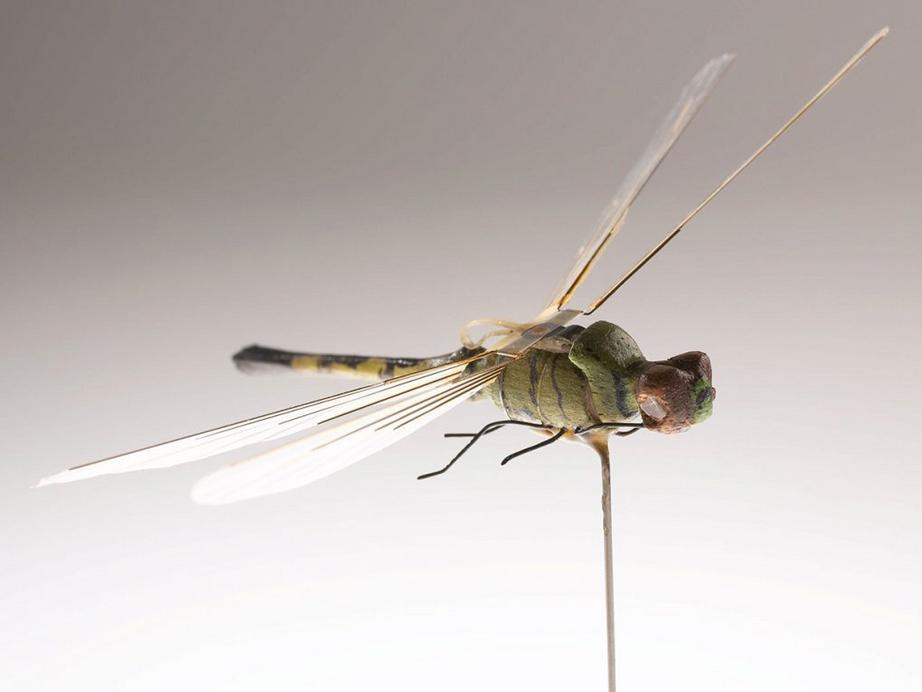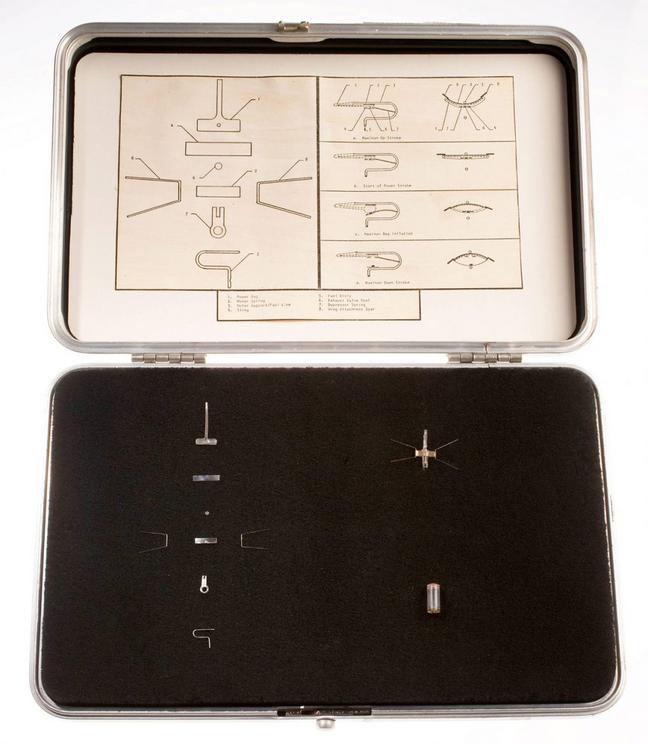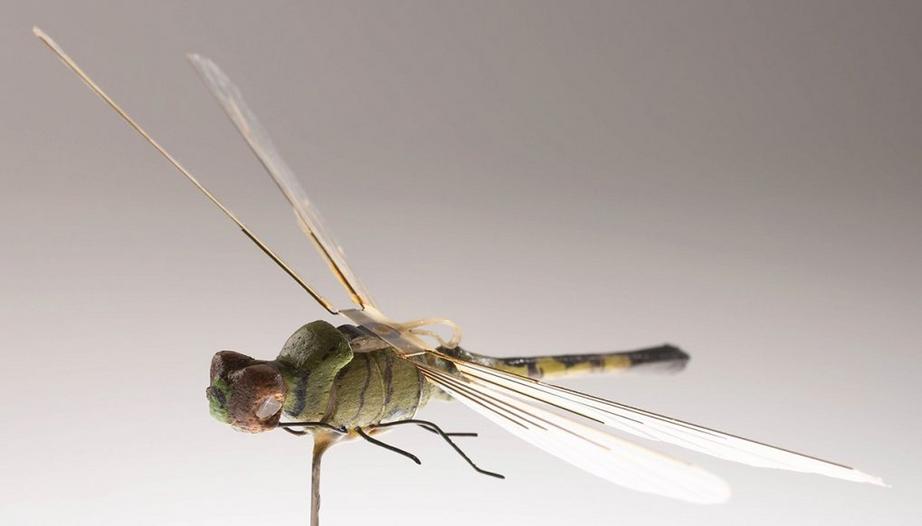Check your insects: insect drones have existed since the 1970s
Did you know that creating lethal viruses in a lab was recently legalized in the US, after decades upon decades of secret and often illegal work with biological warfare? It’s worse than that: new biowarfare facilities are openly being opened still.
As it turned out to be worse than Americans could have ever imagined, disclosure after disclosure of biowarfare events over the years, it is also worse than we know when it comes to drones: especially insect-like drones that can function as surveillance devices or worse.
Insect drones, drones made to look like dragonflies or other insects are things people will look back upon this 2010’s decade and remember. The truth is, insect-like drones were first made (according to what we know) as far back as the 1970’s.
In the 1970’s, a dragonfly-like device that is essentially a drone was created by the CIA. It was called the “Insectothopter”. According to Spectrum:
“It was the 1970s, the Cold War was in full swing, and the U.S. Central Intelligence Agency’s Office of Research and Development had developed a miniaturized listening device. But they didn’t have a good way to maneuver the device into place without raising suspicions.
After scrapping the idea of a mechanical bumblebee, CIA engineers prototyped a dragonfly to carry the bug. Dubbed the Insectothopter, the bug-carrying bug was the agency’s first insect-size unmanned aerial vehicle (UAV), and it seemed to show potential. Under ideal conditions, it had a range of 200 meters and a flight time of 60 seconds.”


The Insectothopter is currently on display at a CIA museum. Since their invention, the concept has been explored on countless occasions by various entities.
Starting in 2005, students from the Delft University of Technology in the Netherlands created a “DelFly” for an international competition with small aerial vehicles (MAV’s). The 10-cm wingspan, 3.07 gram insect-like drone set a Guinness World Record in 2008 for “smallest camera plane.”
In 2018, we’re a far cry from the old “Guinness World Record” days of the 2000’s decade. The DelFly was a minute detail on a timeline of insect-like drones.
Now, things like this are being developed by Boston Dynamics, DARPA, and various agencies of the US government (and other governments, of course).
Today even real dragonflies might be used as surveillance devices, as researchers from Cambridge, Massachusetts and the Howard Hughes Medical Institute at Janelia Farm are trying to genetically modify real dragonflies to make their nervous systems respond to light pulses. Then, they give the insects a “backpack of electronics”: and voila, a little piece of nature is warped into a tool of the state.
If you need more info about the insect drones and robots about to become a staple tool of the military industrial complex, it’s not difficult to research it.
The point of this article is, we’re reaching a tipping point with technology like this.
We’re entering an era where it will become necessary to continually “check the insects” to make sure they are real, in your yard, around your house: like taking out the garbage or changing the oil on your car, it will be something people have to do.
We’re entering an era where people will be capturing dragonflies, and dissecting them just to try and see if they are being spied upon. Paranoia of a flavor never before seen in recorded history will probably run rampant, and people must start getting used to that if they want to preserve their sanity in the coming years.
So let your regular “insect checking” be easy and not dreadful: hopefully people will not be phased by the fact that we have to do this. If we don’t learn what to do, our kids will definitely not know what to do.

